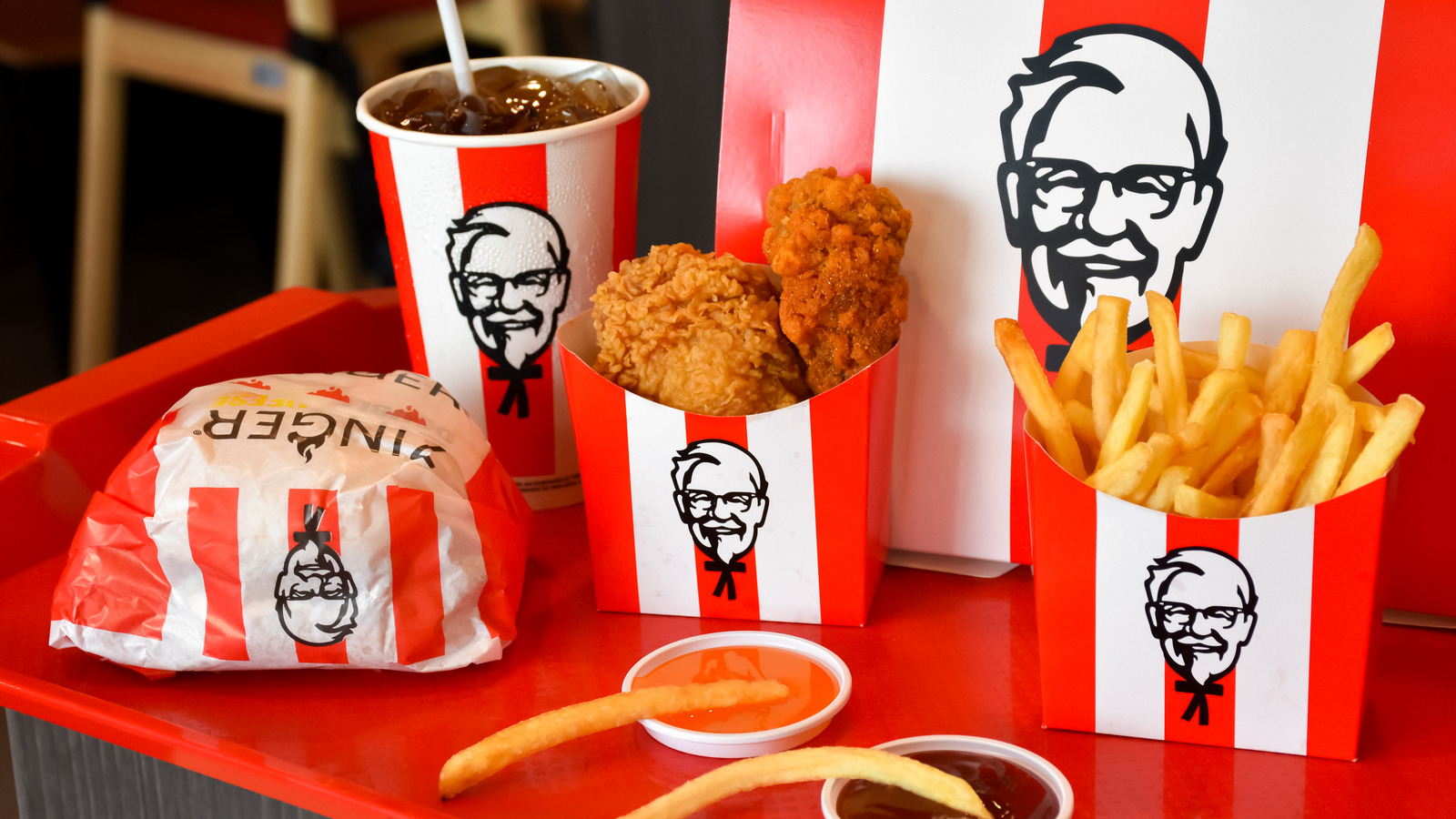- McDonald’s recently announced changes to how franchisees are evaluated in order to make the system more transparent and consistent.
- Some owners say the changes are the latest insult from McDonald’s.
- Corporate and franchisees have a long history of conflict over control
Tensions are high between McDonald’s corporate and certain franchisees according to a new survey of owners viewed by Insider.
In the survey — from the National Owners Association (NOA), an “owners advocacy group” formed in 2018 that says it represents about 1,300 of McDonald’s more than 2,400 franchisees — 98% of respondents said that McDonald’s leadership should have “consulted and collaborated with Owner leadership before announcing franchise changes.”
A large majority, 95%, answered no when asked if “senior corporate management [at McDonald’s] has the best interests of the owners in their approach to franchising.” About 400 franchisees responded to the survey, representing a minority of about 17% of owners.
The conflict centers on recent changes to the franchising system first reported by The Wall Street Journal. Current franchisees will be subject to stricter reviews every 20 years to keep their restaurants, and the company will now consider factors including customer complaints and performance history when owners apply to keep or expand their restaurants. Franchisees said the changes were “unexpected” and an “overreach,” to Restaurant Business Online.
McDonald’s says the changes will bring “greater clarity, transparency and consistency into our franchising process,” according to US president Joe Erlinger in a letter to the system. The more stringent franchising requirements will allow the chain to “keep pursuing our ambitious growth goals” and answer the questions “How will we keep defining excellence? How do we create the greatest opportunity for future generations?”.
Erlinger writes that the updated franchise rules are a continuation of McDonald’s 2021 plan to recruit franchisees from more diverse backgrounds.
“This change is in keeping with the principle that receiving a new franchise term is earned, not given,” Erlinger said.
McDonald’s says changes to the system are designed to attract the best franchisees going forward, who “might come from within or outside the system,” Erlinger said during a speech at the McDonald’s Worldwide Convention in April viewed by Insider. “It means finding and making room for the best and the brightest.”
The new franchising rules, which would go into effect in 2023, could potentially have the biggest impact on long-term and multi-generational operators. That’s because the new rules treat multi-generation franchisees and newer owners in the same way as McDonald’s tightens its requirements for renewals.
McDonald’s recently bought out third-generation franchisees in Florida, The Casper Company, part of a trend of the company buying large, influential franchises to diversify ownership, according to Restaurant Business. Casper owns 60 restaurants.
Conflicts between McDonald’s corporate and its franchisees are not uncommon, and they go far beyond the latest franchising changes.
Blake Casper, CEO of the Casper Company, was also a founding member of the NOA and serves as its chairman and director. The impetus for founding the organization under Casper’s leadership was to push for greater franchisee control of menus and pricing. Casper’s influence was large enough among franchisees to make corporate pay attention, Mark Kalinowski of Kalinowski Equity Research said at the time.
Conflicts between franchisee operators and corporate show no signs of abating even as sales are reaching record levels and revenues continue to exceed Wall Street’s expectations.
Do you have a story to share about a retail or restaurant chain? Email this reporter at mmeisenzahl@businessinsider.com.





